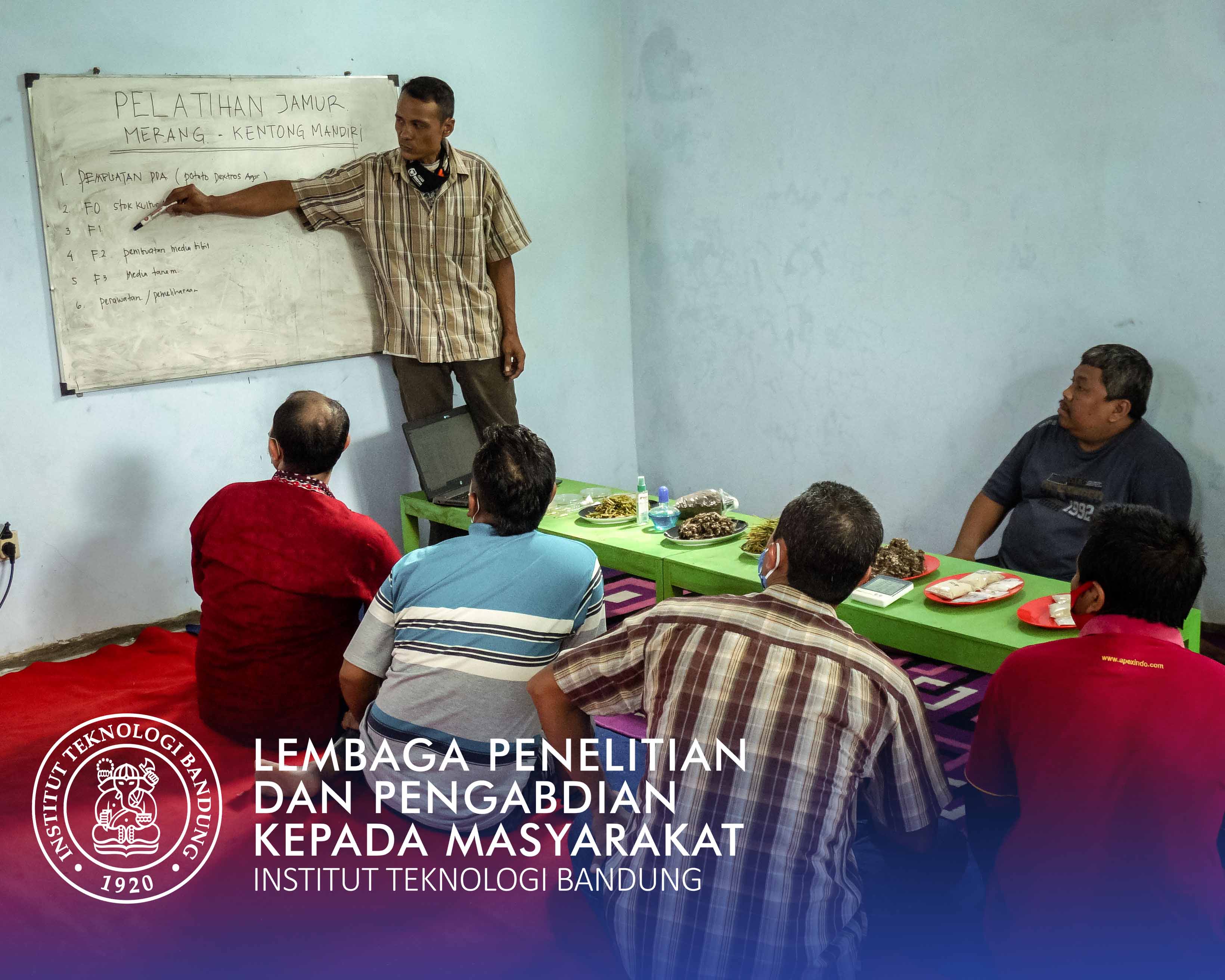

Dzikri Firmansyah Hakam
For high school students to manage their personal finances, make prudent financial decisions, and comprehend the financial consequences of their activities, they need to be financially literate. The effectiveness of financial education delivered by the Community Service Financial Literacy Team at SMAN 1 South Siberut, Mentawai Islands, Indonesia, using the Problem Based Learning (PBL) approach is investigated in this study. The 3T (Frontier, Outermost, Disadvantaged) category, which has restricted access to economic and educational resources, is why this place was selected. Because of this, financial literacy is crucial to assisting the neighbourhoods in enhancing its financial health and minimizing economic inequalities. Following the course, participants' financial abilities and attitudes significantly improved, according to the data analysis results. Participants' average financial capability grew from 57.81 to 62.67, a statistically significant change shown by a t value of -6.365 and a p value of 0.000. With a t value of -10.538 and a p value of 0.000, the average financial attitude also increased from 3.01 to 3.50, indicating that the training was helpful in improving both financial capabilities and attitudes.
Meningkatkan literasi keuangan siswa SMAN 1 Siberut Selatan
KK (Kelompok Keahlian): Menambah portofolio kegiatan pengabdian masyarakat KK di ITB yang berbasis pendidikan literasi keuangan. FS (Fakultas/Sekolah): Meningkatkan reputasi FS ITB dalam mendukung pengembangan kapasitas pendidikan di daerah 3T. Indonesia: Memberikan dampak langsung kepada siswa dan guru di Mentawai, meningkatkan kesetaraan akses pendidikan literasi keuangan. Global: Menyediakan model pengabdian masyarakat yang dapat dijadikan benchmark untuk pelatihan literasi keuangan di wilayah lain.